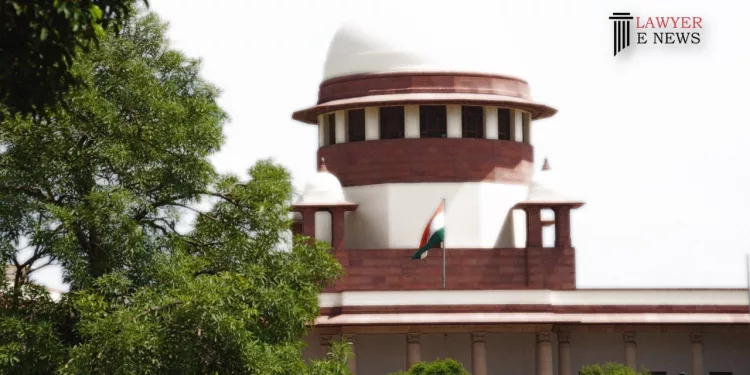Supreme Court Upholds Time Limit for Filing Application to Set Aside Arbitral Award

In a recent judgment, the Supreme Court of India has upheld the time limit prescribed for filing an application to set aside an arbitral award under Section 34 of the Arbitration and Conciliation Act, 1996. The Court ruled that the benefit of excluding the period during which the court is closed is only available if the application is filed within the prescribed period of limitation, and not for the discretionary condonable period.
The judgment came in a case where an agriculturists’ society had received an arbitral award on August 24, 2016. The prescribed period of three months to challenge the award expired on November 24, 2016, and the further condonable period of 30 days expired on December 24, 2016. However, the trial court was closed for winter vacation between December 19, 2016, and January 1, 2017. The society filed its application to set aside the award on January 2, 2017, the day the court reopened, seeking condonation of delay.
The key question before the Supreme Court was whether the benefit of Section 10 of the General Clauses Act, 1897, which allows for the exclusion of the period when the court is closed, would be available when the last day of the condonable period falls on a holiday or during court vacation. The Court observed that Section 4 of the Limitation Act, 1963, which deals with the expiry of the prescribed period when the court is closed, is applicable only when the application is filed within the prescribed period of limitation.
The Court referred to its earlier decision in Assam Urban Water Supply & Sewerage Board v. Subash Projects & Marketing Ltd. and held that the prescribed period for filing an application to set aside an arbitral award is three months, as provided under Section 34(3) of the Arbitration Act. The further period of 30 days mentioned in the proviso to Section 34(3) is not the period of limitation and, therefore, not the prescribed period for filing the application. The Court relied on the decisions in Popular Construction Co. v. P.K. Mukherjee and State of Maharashtra v. Hindustan Construction Company Ltd. to emphasize the mandatory nature of the limit to the extension of the period provided in the proviso to Section 34(3).
The Court further noted that Section 43(1) of the Arbitration Act makes the Limitation Act, 1963, applicable to arbitrations, except to the extent its applicability is excluded by Section 34(3). It rejected the contention that the Limitation Act is not applicable to proceedings under the Arbitration Act. The Court also held that Section 10 of the General Clauses Act, 1897, which deals with the computation of time, is not applicable to acts or proceedings to which the Indian Limitation Act applies, as specifically provided in the proviso to Section 10.
Supreme Court dismissed the appeal, affirming the High Court’s decision to refuse to condone the delay in filing the application to set aside the arbitral award. The Court held that the society’s application was time-barred and upheld the importance of adhering to the prescribed time limits for filing such applications.
Date of Decision: April 10, 2023
Bhimashankar Sahakari Sakkare Karkhane Niyamita vs Walchandnagar Industries





